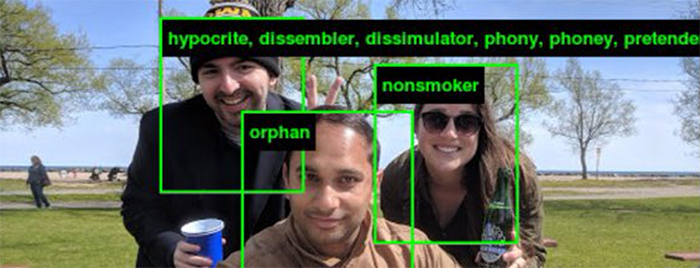Discussing Location Data in Kotaku
There’s a quick blurb from me in a feature story on Kotaku about the implications of PokemonGo-developer Niantic’s vast collection of geolocation data for its Real World Platform. It’s an interesting read into location-based apps, augmented reality, and gaming as a sort of gatekeeper into what comes next:
“Any time an app collects location data, you have to hope the app developer has given some thought to the risks involved, but this is hard to tell from a privacy policy alone,” said Joseph Jerome, a privacy consultant. “A lot of companies will say that IP addresses and other technical information is not personal. Niantic is not making [these claims], which is a good thing.”



